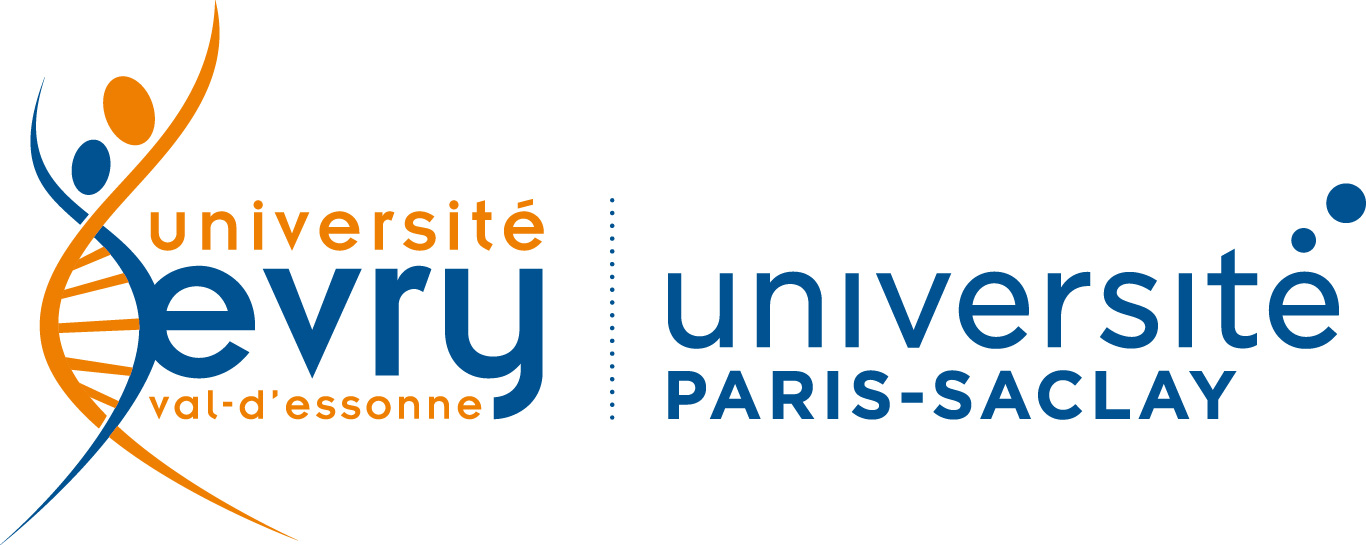Bioengineered AAV vectors with increased skeletal muscle potency and specificity for systemic gene therapy
Résumé
Bioengineering of adeno-associated viral (AAV) vectors is a pivotal strategy for developing next-generation gene therapies for human disorders. In the present study, we assessed the efficacy of two novel AAV vectors, AAVMYO2 and AAVMYO3, which are composed of hybrid capsids and a small VP1 peptide insertion, in a mouse model of myotubular myopathy, a fatal pediatric disease affecting skeletal muscles that is caused by loss-of-function mutations in the MTM1 gene. Intravenous administration of either AAVMYO2- or AAVMYO3-MTM1 vectors at 2x1013 vg/kg in Mtm1-KO mice prolonged their lifespan and resulted in increased muscle mass and strength, and in liver transduction detargeting. In addition, we show efficient large-scale production and purification of AAVMYO2 and AAVMYO3, and data on their seroprevalence in a cohort of human sera. Our findings indicate that these novel vectors are potent in rescuing the phenotype of myotubular myopathy in mice, and hold great potential for gene therapy of other inherited disorders affecting skeletal muscles.





